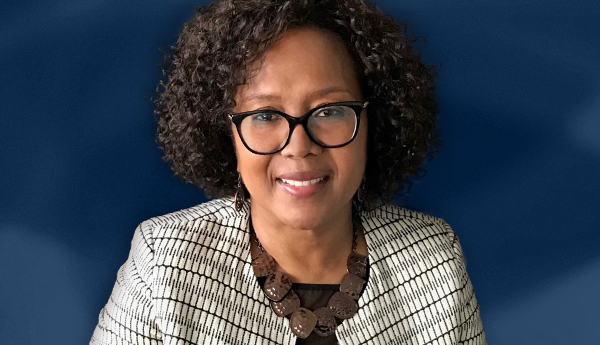The Receiver General: A 23-year streak with clean audits of Canada's books
Canada's financial statements have received a clean bill of health for 23 years in a row.
It's an accomplishment no other G7 country can currently claim and marks one of the longest streaks of clean or unmodified audit opinions on Canada's Public Accounts since the late 1990s.
A clean or 'unmodified opinion' by Canada's auditor-general means financial statements comply with the accounting requirements and fairly represent government finances. In other words, Parliament and Canadians can rely on the Public Accounts for an accurate picture of government finances.
The Minister of Public Services and Procurement also serves as the Receiver General for Canada, which functions as the government's treasurer and accountant. The department tracks a trillion dollars a year that goes in and out of government accounts, keeps the Accounts of Canada and prepares the Public Accounts.
The Public Accounts lay out the government's financial picture: money spent, collected or borrowed. They're the main oversight tool for Parliament, promote transparency and encourage good management. They are also key to keeping government accountable. The Receiver General works with Finance Canada and the Office of the Comptroller General to assemble the annual financial statements.
The Office of the Auditor General is the government's auditor and their stamp of approval on the books holds a lot of sway. A clean audit means you can rely on all the information in the financial accounts.
But Canada has not always had such an uninterrupted run of clean audits.

Micheline Appolon, the former Receiver General's senior director for accounting, said concerns about government accounting in the past led to the adoption of full accrual accounting. That means departments record revenues or expenses when transactions happen, rather than when money changes hands. The move to accrual accounting drove an overhaul of accounting practices and financial systems across departments.
Ms. Appolon, a professional accountant, joined the public service more than 20 years ago as accrual accounting and other reforms started to roll out across the government.
She felt well-positioned to do her job, having worked over her 36-year career in financial management for a string of Crown corporations and departments, such as Canada Mortgage and Housing Corporation, Office of the Superintendent of Financial Institutions, the Royal Canadian Mounted Police, Industry Canada, Indigenous and Northern Affairs Canada, and Citizenship and Immigration.
As she transitions to planning for her retirement, Ms. Appolon reflects proudly on her work – most recently heading a strong and dedicated team of 40 people, who work tirelessly and professionally to support the preparation of the Public Accounts.
Reforms introduced after the Gomery inquiry were followed in the mid-2000s by the introduction of the Federal Accountability Act, which made deputy ministers accounting officers. Deputy ministers and chief financial officers are required to sign off and attest to the accuracy of the financial information provided to the Receiver General, which feeds into the drafting of the Public Accounts.
Ms. Appolon said these reforms drove the creation of a culture of excellence and improved financial reporting behind 23 consecutive years of clean audits.
“This is an achievement for Canada,” she added. “We have some tough rules in place and this is why our data are good … and the compliance rules makes us (departments) accountable. We take our business seriously as a government.”
Public servants putting together the Public Accounts were put to the test by the pandemic that upended Canada's economy in ways never before seen.
The country went into its first lockdown in mid-March last year, two weeks before the end of the government's fiscal year when the Canada Emergency Response Benefit and other assistance programs kicked into gear.
Departments scrambled, suddenly working from home, to gather and analyse data. Departments had three-week extensions to finalize their books and whatever data was needed for the audit. Like everyone else, the Receiver General also had to adapt to remote work and new processes.
Ms. Appolon said the Receiver General was already moving to more digitalization, but the lockdown accelerated those efforts, streamlining processes and reducing the reliance on paper.

Paul Poulin, manager at the Receiver General's central accounting and reporting directorate, said working flexible hours, moving to paperless operations and using new communication tools were the biggest challenges. Employees had to rebalance work and personal lives, many working outside normal business hours. Analysts accustomed to paper files made the transition to reviewing and proofreading the drafts of the three-volume Public Accounts, some 1,200 pages in both official languages, using multiple computer screens on their desks at home.
The pandemic will continue to affect the work of the Receiver General.
Departments made swift decisions in the race to respond to the COVID crisis. Ms. Appolon has said that shouldn't affect financial reporting, as long as internal controls are followed to ensure transparent and quality data. As well, deputy ministers and chief financial officers are both accountable and play a critical part in ensuring the accuracy of the financial data their departments send to the Receiver General for the Public Accounts.
With such diligence, Canada and all of the departments, agencies and Crowns involved in the development of these statements can maintain their G7 leadership position.